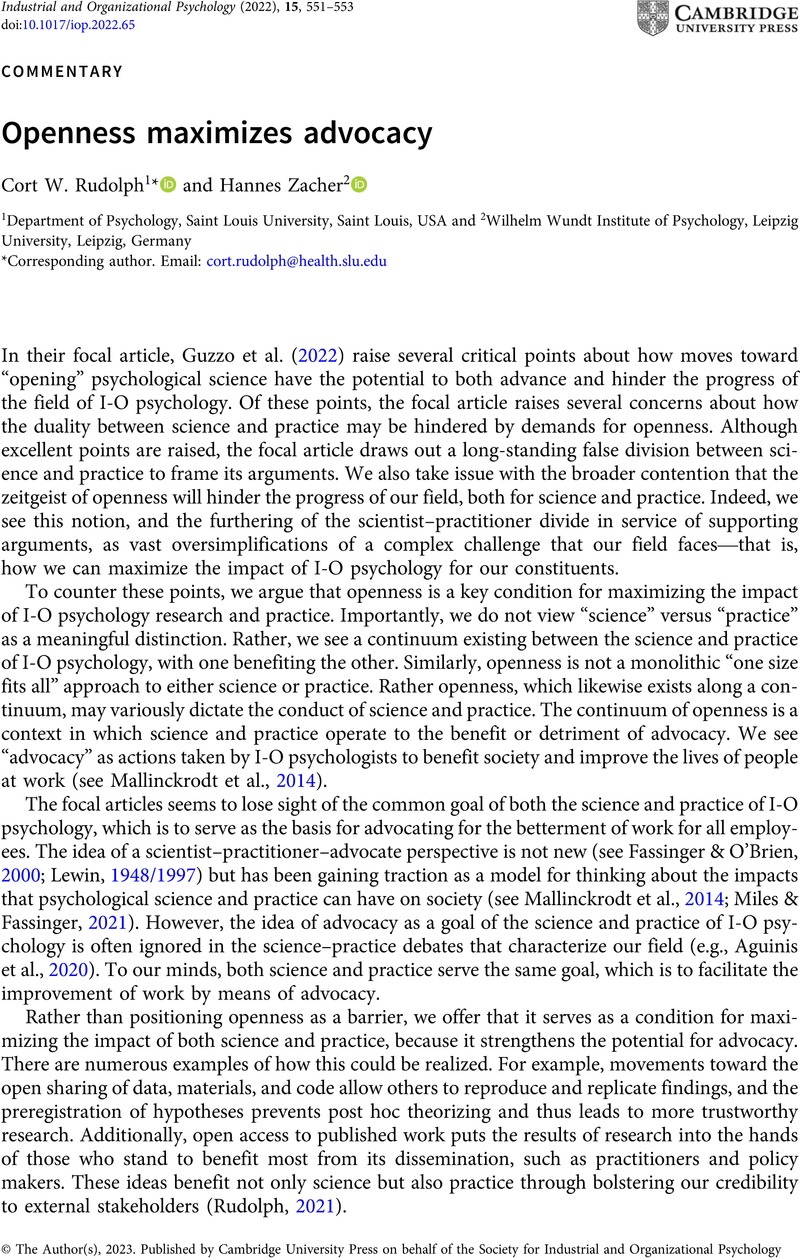Crossref Citations
This article has been cited by the following publications. This list is generated based on data provided by Crossref.
Garzino Demo, Luca
2025.
Preregistration is not a ceiling: but it can become one.
Synthese,
Vol. 205,
Issue. 3,



